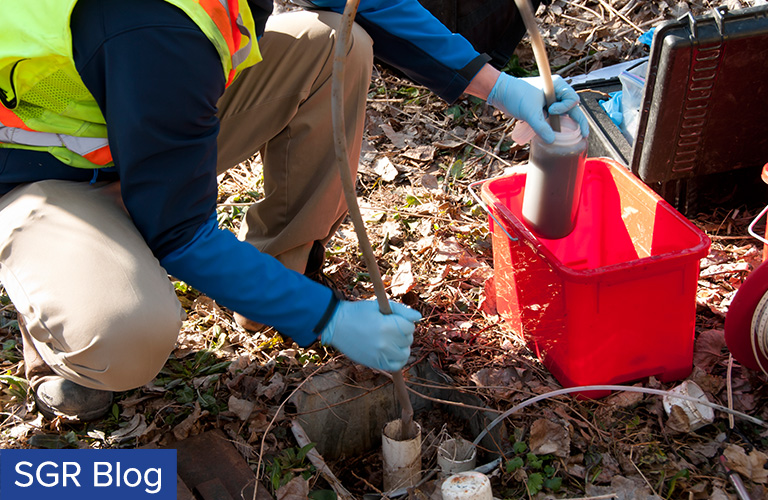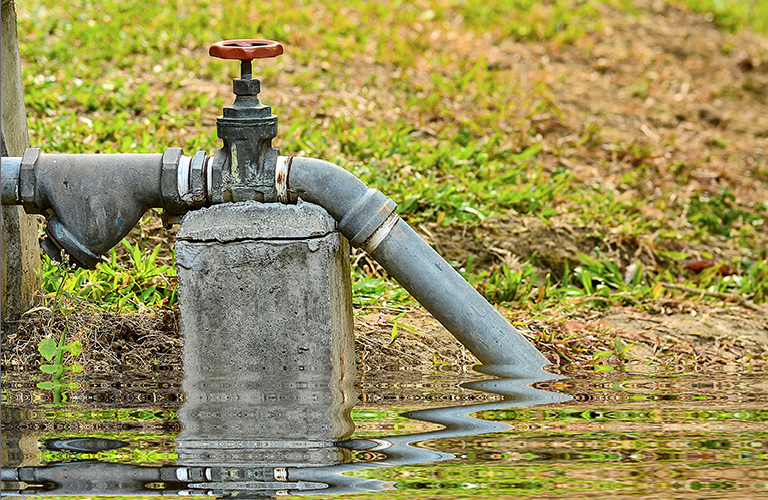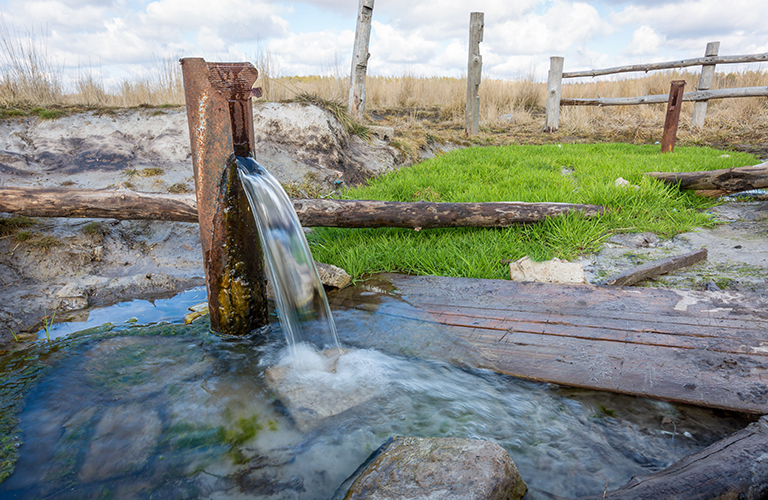
On April 23, 2020, the U.S. Supreme Court issued a decision in County of Maui v. Hawaii Wildlife Fund, a closely watched case regarding whether the federal Clean Water Act (CWA) applies to discharges of pollutants to groundwater which reach surface waters. In County of Maui, the plaintiff environmental organizations brought a citizen suit alleging that the defendant-county was in violation of the CWA in regard to the county’s decades-old practice of injecting partially treated wastewater into groundwater wells. The wells consistently leaked and tracer dye testing confirmed that over 60% percent of the wastewater injected into the wells wound… Read more



